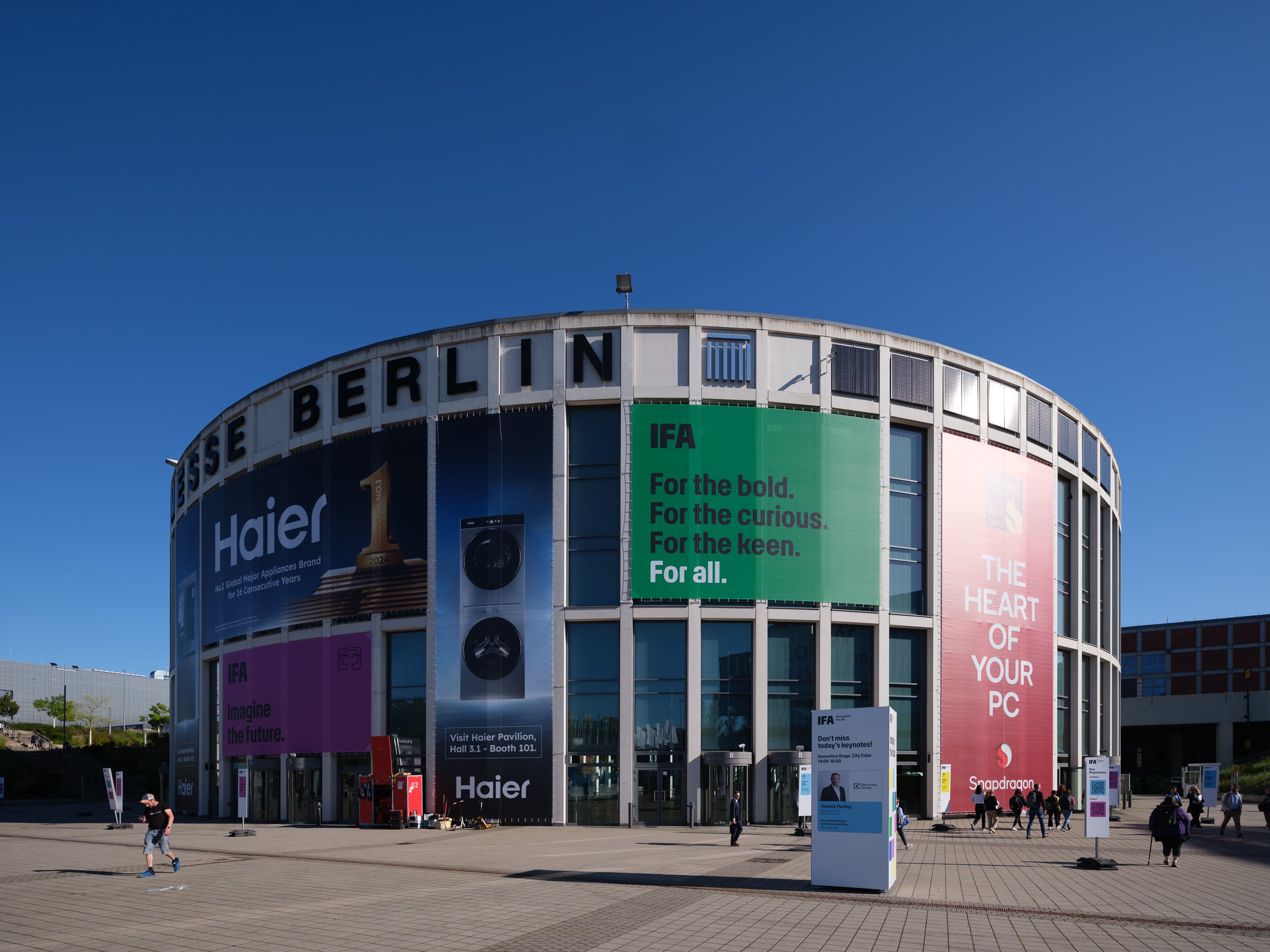AI appliances set new standard at IFA 2025

The Rise of AI-Integrated Home Appliances at IFA 2025
The European largest home appliance exhibition, IFA 2025, opened in Berlin, Germany, on the 5th (local time), showcasing a wide range of AI-integrated home appliances and electronic devices. As artificial intelligence becomes more embedded in daily life, companies are focusing on refining user experiences by creating smart devices that are not only intelligent but also practical in real-life situations. The goal is for these devices to understand conversations naturally and perform tasks autonomously. Industry insiders noted that this year’s IFA marks a turning point where previously conceptualized future technologies are now becoming tangible products.
AI Appliances Have Already Become the New Normal
IFA 2025 attracted over 1,800 companies from 138 countries, with products spanning home appliances, smart homes, and other categories. However, the lines between these categories are increasingly blurred as most products emphasize AI integration. This has made the sophistication of AI technology a crucial competitive factor among exhibitors.
One notable example is Chinese company Viaim, which unveiled new earbuds designed for professional use. These earbuds utilize AI to record real-time conversations, automatically generate summaries, and create task lists. Traditional German companies like Miele are also embracing AI, particularly in kitchens, which are the second-most-used space in homes after living rooms.
Miele showcased its new induction cooktop, the ‘KM 8000 series,’ and ‘M Sense cookware’ at IFA 2025. The AI-equipped induction cooktop precisely measures temperature to prevent food from burning or overflowing, while the cookware automatically adjusts to prevent boiling over. Siemens introduced an oven equipped with cameras and AI that can recognize and cook up to 100 types of dishes. Scottish company Uni integrated AI into its pizza oven, claiming its ‘Pizza Intelligence’ ensures even temperature distribution for uniform cooking.
Truly Autonomous AI in Action
AI is evolving beyond theoretical concepts to become a key enabler of connected and optimized home environments. South Korean companies such as LG Electronics and Samsung Electronics are leading this transformation. Their AI devices now understand natural speech and operate according to user preferences, aiming to create an ‘AI Home’ where multiple appliances work seamlessly together.
Samsung Electronics participated in IFA 2025 under the theme ‘AI Home, Bringing the Future into Reality.’ Its AI Home offers personalized, fine-tuned control. Based on sleep data collected via Galaxy Watch or Ring, the AI recommends optimal bedtime and automatically adjusts connected devices—such as TVs, lights, and air conditioners—via SmartThings before sleep. Samsung also displayed a TV that converses with users, an AI-equipped refrigerator, and a washer-dryer.
LG Electronics unveiled its ‘LG AI Home’ solution, which uses the AI Home Hub, LG ThinQ On, to link home appliances and IoT devices. This system customizes operations based on user lifestyles. For instance, simply saying, “Recommend a nutritionally balanced menu,” prompts the AI to search for recipes and automatically prepare necessary devices, such as preheating the oven. LG also introduced 25 new AI appliance models.
Dutch company Philips Hue showcased technology that transforms existing light bulbs into motion sensors. This smart home solution detects user movement via household bulbs and automatically turns lights on or off based on location.
Beyond control, AI is significantly enhancing appliance functionality. A standout example is Dolby’s AI-based image enhancement technology, ‘Dolby Vision 2,’ which optimizes visual quality in real-time based on TV content. It will be applied to Hisense’s premium RGB mini-LED TV models.

Comments
Post a Comment